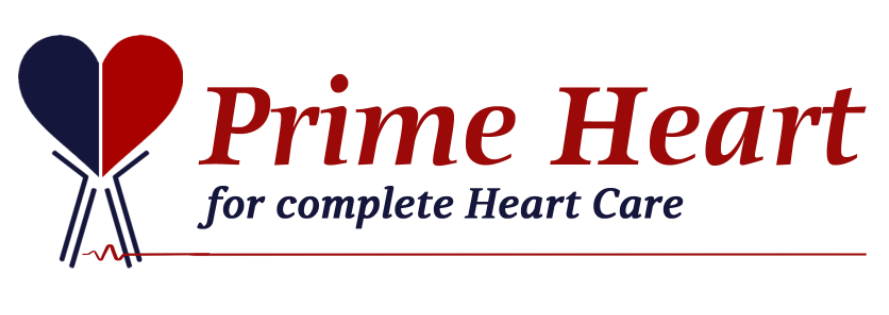

Atrial fibrillation (often abbreviated as Afib or A-Fib) is a type of arrhythmia, or irregular heartbeat, that originates in the upper chambers of the heart, called the atria. In Afib, the atria quiver instead of contracting normally, which disrupts the heart’s regular rhythm and reduces its pumping efficiency.
Here’s a breakdown of atrial fibrillation:
Causes:
The exact cause of Afib can be unknown (lone Afib) in some cases.
Common contributing factors include high blood pressure, coronary artery disease, heart valve problems, overactive thyroid, sleep apnea, and certain medications.
Symptoms:
Some people with Afib may not experience any symptoms at all.
Common symptoms include heart palpitations (fluttering or racing sensations in the chest), fatigue, shortness of breath, dizziness, lightheadedness, and chest pain.
Types:
- Paroxysmal Afib: Episodes come and go, lasting less than a week and sometimes stopping on their own.
- Persistent Afib: Episodes last longer than a week and may require medical intervention to restore a normal heart rhythm.
- Long-standing persistent Afib: Afib that has been present for a long time (usually more than a year).
- Permanent Afib: When Afib cannot be controlled and a normal heart rhythm cannot be restored.
Complications:
Afib increases the risk of stroke because blood clots can form more easily in the irregular contractions of the atria.
Afib can also worsen heart failure symptoms and reduce your quality of life.
Treatment:
- Rate control: Medications or procedures to slow down the heart rate and improve its efficiency.
- Stroke prevention: Blood thinners (anticoagulants) to reduce the risk of blood clots and stroke.
Lifestyle changes: Maintaining a healthy weight, eating a balanced diet, exercising regularly, managing stress, and limiting alcohol and caffeine can all help manage Afib and improve overall heart health.
When to see a doctor:
If you experience any symptoms of Afib, it’s important to see a doctor for diagnosis and treatment. Early intervention can help prevent complications like stroke and heart failure.
Here are some additional points to remember:
- Afib is a common heart condition, but it’s important to be diagnosed and treated to manage your risk of complications.
- There are different types of Afib, and the best course of treatment will vary depending on the individual.
- With proper management, many people with Afib can live long and healthy lives.
